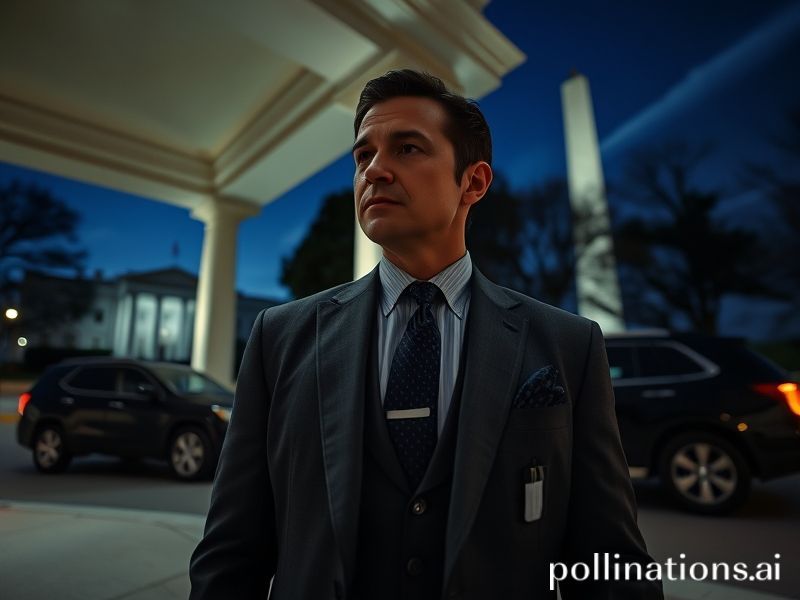Global Bodyguard Brigade: How Secret Services Worldwide Prove Politics Is a Contact Sport
# Secret Service: The World’s Most Exclusive Club for People Who’d Rather Be Anywhere Else
The term “secret service” conjures images of grim-faced men in dark suits whispering into their sleeves while scanning rooftops for threats. But peel back the Hollywood veneer and you’ll find a peculiar global phenomenon: grown adults willingly signing up to take bullets for other adults who couldn’t find the safety catch on a water pistol if their lives depended on it—which, ironically, is precisely why they need protection in the first place.
From Washington’s Secret Service to Russia’s Federal Protective Service, Britain’s Metropolitan Police Protection Command to China’s Central Security Bureau, every major power maintains its own Praetorian Guard. The names change, but the job remains depressingly consistent: protecting the powerful from the consequences of being powerful. It’s democracy’s answer to medieval knights, except instead of armor, they wear earpieces and carry the weight of knowing they might die because someone important needed a photo-op at a sandwich shop.
The international landscape of personal protection has evolved into a peculiar arms race of paranoia. North Korea’s Supreme Guard Command reportedly numbers 100,000—roughly one bodyguard for every 25 citizens, making it less “secret service” and more “human shield program.” Meanwhile, tiny Luxembourg somehow maintains a protection detail for its prime minister, presumably in case someone finally snaps over tax haven policies.
What makes this global obsession with protection particularly dark is how it mirrors our collective failure at solving actual problems. We can coordinate international intelligence networks, deploy counter-sniper teams, and establish secure perimeters across continents, but we can’t seem to prevent the desperation that makes people want to harm leaders in the first place. It’s like installing a $50,000 security system while leaving your front door unlocked—impressive, but missing the point entirely.
The economics are equally absurd. The U.S. Secret Service’s budget hovers around $2.3 billion annually—enough to fund a small nation’s healthcare system, spent instead ensuring that politicians can shake hands safely with constituents whose medical bills might bankrupt them. France spends approximately €100 million yearly protecting its president, while the average citizen makes do with whatever the local gendarmerie can spare between cigarette breaks.
Yet perhaps the most tragically comic aspect is how these services operate under the delusion of secrecy while being painfully obvious. Those “plainclothes” agents with identical haircuts, matching suits, and the collective fashion sense of a funeral director? They’re about as inconspicuous as a penguin at a flamingo convention. The Russian FSO’s practice of closing entire highways for official motorcades doesn’t scream “man of the people” so much as “man who definitely isn’t stuck in traffic like you peasants.”
Globally, these organizations represent humanity’s tacit admission that we can’t quite manage the whole civilization experiment without special protection details for those supposedly leading it. It’s a worldwide acknowledgment that politics has become so toxic, so divisive, so fundamentally broken that we need highly trained professionals to prevent our elected representatives from being harmed by the very people they represent.
As we march deeper into the 21st century, secret services proliferate faster than conspiracy theories on social media. Every emerging democracy establishes its own protection racket, every dictator expands his personal guard, every international summit becomes a chess game of security protocols. We’ve created a global industry dedicated to preserving the status quo, one bulletproof vest at a time.
In the end, secret services reveal our species at its most paradoxical: intelligent enough to create elaborate protection networks, yet too primitive to eliminate the need for them. We’ve built civilizations capable of putting humans on the moon but can’t manage a political system where leaders feel safe walking among their own citizens without a phalanx of armed guards. It’s enough to make you laugh—assuming you can stop crying long enough.







